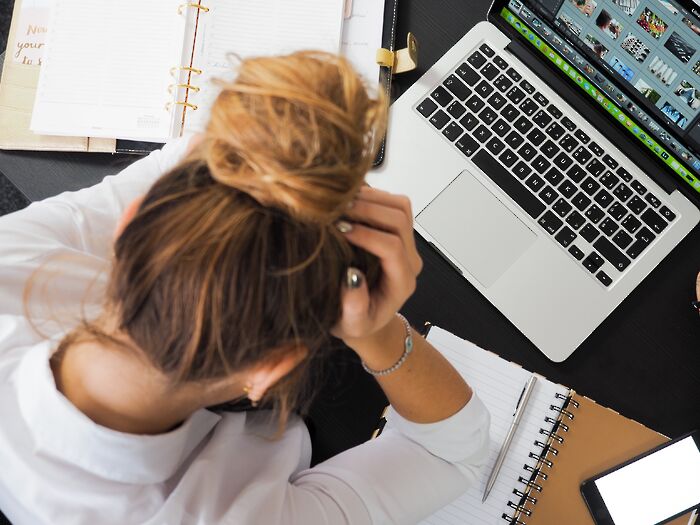Growing up a child of same-sex parents is a unique experience of homophobia
Children with non-traditional families grapple with unique experiences of discrimination that others don’t. The consequences can be both difficult and life-affirming

“I just don’t think lesbians should be parents. They’re only opening up their kids to being bullied and made fun of. It’s not fair on the children.”
I am 13 years old, sat in a PSHE lesson with 27 other Year 8 girls. On the other side of the room, one of my classmates is commenting on the rights of gay women to become parents. My mum is not openly a lesbian yet, and I myself have felt only the first stirrings of attraction to other women, much less named them. I don’t say anything. I don’t challenge her, because I feel on some level that to defend child-wanting lesbians would be allying myself with them in a way that could open me up to suspicion, possibly ridicule. Also, it doesn’t affect me. Not yet.
I am not required to validate my upbringing with my successes. Nobody is.
It was a silly comment, made by a 13-year-old who almost certainly hadn’t thought it through. I doubt she set out to hurt anyone’s feelings. I doubt she would make the same kind of statement now. But, ironically perhaps, that girl proved her own point with that remark - not that lesbians shouldn’t be parents, but that the kids from non-traditional families do end up with a unique experience of homophobia and discrimination.
I am not suggesting that the experience of homophobia one gets from having a gay parent or carer is equivalent to being faced with it yourself. I know from experience it isn’t. But I do think it’s true that the kids of LGBT families, whatever their own sexual orientation, end up shouldering a level of responsibility with which the children of heterosexuals never have to bother themselves. In the years after my mother first came out to me, I became uncomfortably aware of the need to be the well-adjusted, healthy example that would show the outside world that mine and others like it could be a functional family set-up.
As a teenager, and to some extent still now, I was adamant that I wouldn’t give anyone an excuse to say I was damaged by my mum’s new relationship. On the (very) long journey to accepting my bisexuality, this was a major sticking point: I was determined that no-one would say I was LGBT just because my mother was. I think a lot of young people from oppressed groups have experienced something similar – the pressure to be the model of your background, the proof of its success and validity. But I am not required to prove that same-sex couples are fit to raise children. I am not required to validate my upbringing with my successes. Nobody is.
When you are the child of a gay parent, you cannot help but feel personally implicated in the struggle for equal rights
In some cases, the rights of LGBT parents have a direct effect on the rights of their children. For example: the right of 2 women to register as the parents of a baby (a right less than 10 years old) also concerns that child’s right to rely on its family’s integrity and stability. When this gets taken to extremes, it concerns the right to be a family at all, as it did in Russia in 2012 when a law against ‘homosexual propaganda’ banned same-sex couples from raising children. I remember first hearing about this, staring at news articles in raw disbelief. The idea that families like mine were being dismantled by the state, only a few time zones away, was haunting. That had I had the misfortune to be living in St Petersburg instead of Essex, I could have been removed from my mum and taken into care. That a country would so happily inflict that kind of emotional damage on young children, just to enforce a homophobic agenda and to punish gay adults, had me at a loss.
I’ve been talking like there are only downsides to growing up with this kind of awareness, which isn’t true. For starters, I think there’s nothing wrong with growing up with a heightened awareness of the kind of crap gay people live with every day. But on perhaps a more serious note, it gives you a real sense of how the fight for equality is not just a fight for individual rights but for societal change. When you are the child of a gay parent, you cannot help but feel personally implicated and engaged in the struggle for equal rights. You have grown up with it, you have been made subject to it. The children of gay parents have spent their lives being co-opted into an argument it was not their responsibility to be a case in, and it might just have made them the best allies of all.
 News / Cambridge academics stand out in King’s 2026 Honours List2 January 2026
News / Cambridge academics stand out in King’s 2026 Honours List2 January 2026 Interviews / You don’t need to peak at Cambridge, says Robin Harding31 December 2025
Interviews / You don’t need to peak at Cambridge, says Robin Harding31 December 2025 Comment / What happened to men at Cambridge?31 December 2025
Comment / What happened to men at Cambridge?31 December 2025 News / Varsity’s biggest stories of 202531 December 2025
News / Varsity’s biggest stories of 202531 December 2025 News / Unions protest handling of redundancies at Epidemiology Unit30 December 2025
News / Unions protest handling of redundancies at Epidemiology Unit30 December 2025










